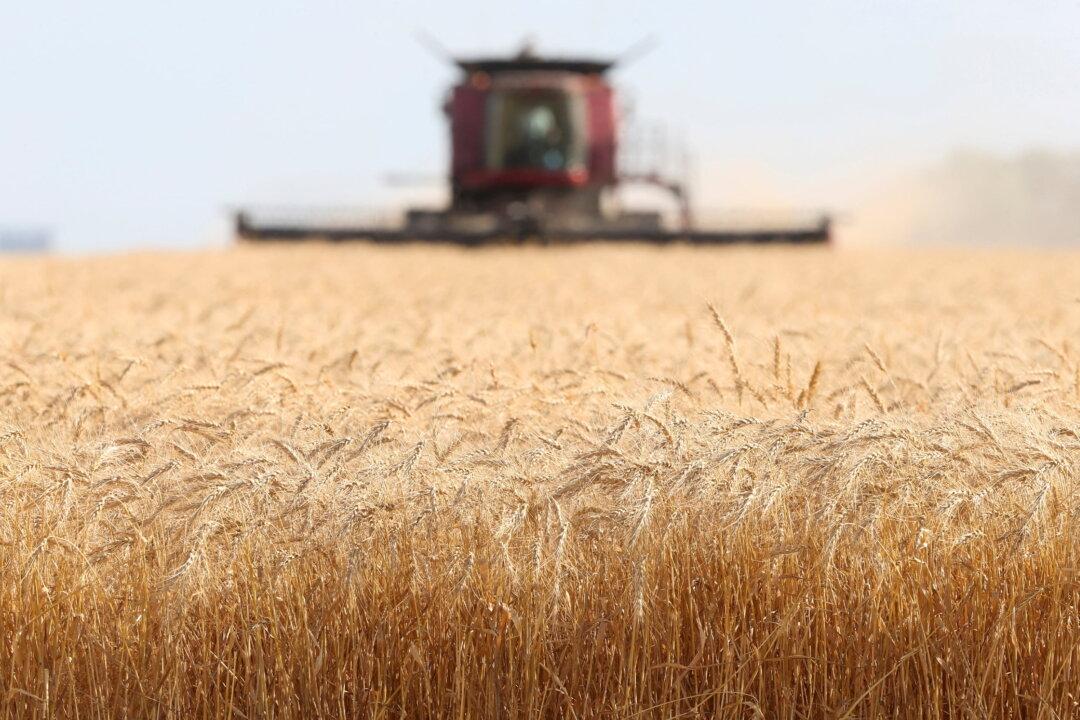A recent poll has found that 72 percent of farmers say the Liberal government’s plan to reduce fertilizer emissions by 30 percent will cause their crop yields and food production to plunge if the target is implemented.
The farmers were polled in a study conducted by the Canadian Federation of Independent Business (CFIB) and released in June 2022.





